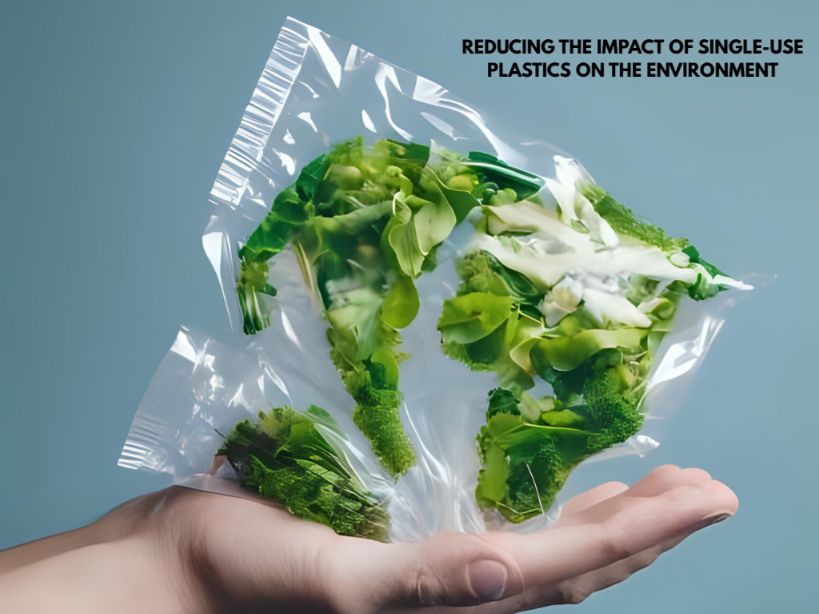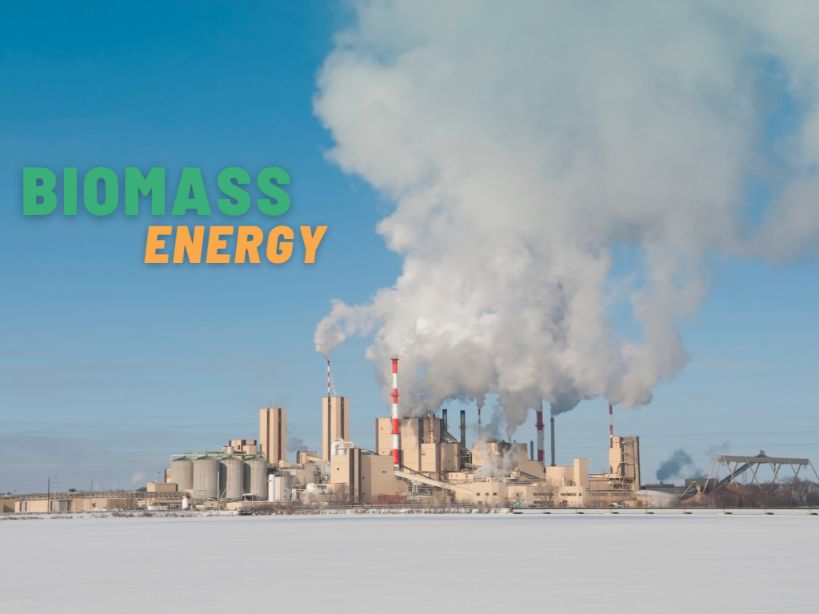Reducing the Impact of Single-Use Plastics on the Environment
Humans have always longed for comfort. However, sometimes our comfort can cause a problem for the earth. One such instance is with single-use plastics products or SUPPs. From their manufacturing to disposing of, SUPPs has proven to be a huge threat to the environment. From burning plastic wastes to disposing of plastics in the ocean, SUPPs have been a major area of contention for environmentalists all over the world.
According to a recent study by the UN, about 75 to 199 million tons of SUPPs have ended up in the ocean as waste which could double in the next few years. Plastics can have a devastating impact on the marine ecosystem and is among the most persistent wastes on earth. Proper disposing of SUPPs is not an option anymore and an alternative is much needed to move in the right direction.
Choosing Single-Use Plastics Alternatives
We must choose single use plastics alternatives or reusable products, not just for the sake of the environment but also from a cost standpoint. There are plenty of businesses that allow customers to bring in their bags, cups, etc which can potentially save out on the use of SUPPs while also saving money for
the customers. Shopping bags and containers made from organic materials like cotton, linen, jute, etc are becoming more common nowadays which encourages reusability and reduces the use of single-use plastics.
Although avoiding Single-use plastic products completely is not possible, it is up to us to reuse them whenever possible. For instance, instead of throwing out the mineral water bottle in the trash, users can reuse the bottle over time or repurpose them for other uses. This helps to cut down on waste as well as serve the general use purpose of the consumers.
Advancements in product designs
The burden of reducing SUPPs is not only on the consumers but also on businesses and policymakers as well. Businesses should aim for products that are lightweight and durable to encourage reuse among consumers. Also, policymakers should implement new legislation to cut down on the production of the SUPPs and introduce new laws for its reusability. The production of SUPPs should also see newer innovations in the manufacturing process by implementing newer and more sustainable methods of production.
Using renewable energy, sourcing raw materials locally, and reducing the dependency on freight would help to minimize the impact of SUPPs on the environment. Also, the product’s end-of-life phase should be factored in by introducing new ways of disposing and recycling in a more environmentally sustainable way.

Social and geographical contexts
As more and more areas introduce a ban on the use of SUPPs, policymakers should be able to identify more sustainable alternatives for the consumers. From legislation to waste management, all of these factors contribute toward a more environmentally friendly approach to the issue of SUPPs. Switching to a more reusable approach and strengthening waste management should be a priority for policymakers. Furthermore, areas that are more prone to the impacts of SUPPs should stop the procurement of lightweight SUPPs as these can easily be littered. Therefore, the elimination of SUPPs is one of the ways to mitigate damage to the environment for a healthier planet.
The global shift
Despite sounding like a fairy tale, “The great pacific patch” is not something to admire. This is an alarming state of the world’s ocean and a reflection of the world’s extensive use of SUPPs. As the name suggests, the patch is a floating island of trash that is more than the size of the state of Texas. The patch is located between California and Hawaii and contains over 1.8 trillion plastic pieces, weighing over 88,000 tons. A grim reflection of the world’s love for single-use plastics.
Fortunately, governments are looking for ways to reduce the impact of SUPPs and some are even considering banning them completely. The Indian government has also imposed plastic bans in India to tackle single-use plastics. With plenty of legislation to curb the use of plastics and a shift to a more sustainable alternative, reusable options are much more a reality than ever before. According to a recent report by the UN, over 127 countries have effectively taken drastic measures to reduce plastic waste and usage. Out of them, over 27 nations have completely banned or restricted the use of SUPPs. This approach will go a long way in reducing waste and cleaning up our oceans. However, government bureaucracy and conglomerate meddling can limit the effectiveness of such initiatives.
How can businesses identify viable Single Use Plastics alternatives?
It is the businesses that have the real power to curb the production of SUPPs and identify viable alternatives for a sustainable future. Businesses must emphasize the development of alternatives and find a long-term approach to the environmental menace. They are also responsible to review their procurement strategies and production methods to set new standards for sustainability.
An open industry for the customers.
While businesses are gearing up their operations toward a greener path, they need to effectively communicate their commitment to them. Such efforts will compel the industry to reduce its plastic footprint and move towards a more sustainable business model.
As consumer consciousness is at its all-time highest with most holding up sustainability as a top concern, everyone must do their part and look for hope in more viable alternatives than single-use plastics.
The Coniferous strives to bring more eco-friendly and greener products into the hands of consumers. Coniferous aspires to be your top choice for all packaging and hygiene products and your destination for all industry-related news and development.
Learn more about the anti-plastic movement that is going to shift towards sustainable packaging.


